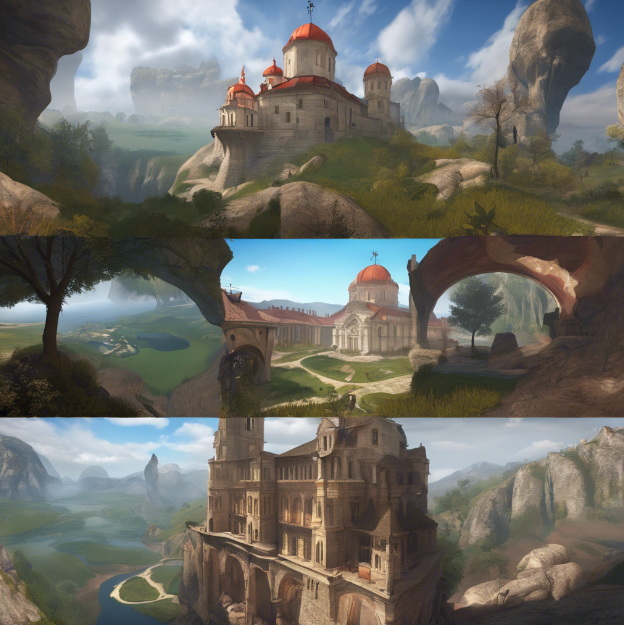Possibilities of Metaversing usage in Balkan region
- Milos Pavlovic

- 20 jun 2023
- 2 Min. de lectura
Actualizado: 14 ago 2024
The application of metaversing, or engaging in activities related to the metaverse, in the Balkan region can have several potential uses and impacts. Here are a few examples:
1. Virtual Tourism: The Balkans are known for their rich cultural heritage and stunning natural landscapes. Metaversing can offer virtual tourism experiences, allowing people from around the world to explore and learn about the Balkan region's historical sites, landmarks, and natural wonders. Virtual tours, virtual reality reconstructions of ancient cities, and immersive experiences can provide a glimpse into the region's diverse cultural and natural assets.
2. Cultural Preservation and Education: Metaverse technologies can play a role in preserving and promoting Balkan cultural heritage. Virtual museums, digital archives, and interactive exhibitions can showcase artifacts, traditional crafts, and artworks, enabling people to engage with Balkan culture and history. Additionally, educational institutions can utilize virtual platforms to offer immersive learning experiences, bringing Balkan history, language, and traditions to a global audience.
3. Business and Entrepreneurship: The metaverse can serve as a platform for innovative businesses and entrepreneurship in the Balkans. Entrepreneurs and developers can create virtual marketplaces, virtual stores, and digital services, providing opportunities for local artisans, designers, and businesses to reach a broader customer base. Additionally, the Balkans can attract investments and talent in the emerging metaverse sector, fostering a vibrant ecosystem of startups and technology companies.
4. Social and Community Interactions: Metaversing can facilitate social connections and community interactions within the Balkan region. Virtual gathering spaces, events, and social platforms can bring people together, enabling them to share experiences, collaborate on projects, and foster a sense of community across borders. These platforms can also be utilized for organizing virtual conferences, workshops, and cultural festivals, promoting dialogue and exchange among Balkan communities.
5. Entertainment and Gaming: The Balkan region has a vibrant entertainment and gaming industry. Metaverse technologies can enhance gaming experiences by providing immersive virtual worlds, multiplayer interactions, and shared adventures. Additionally, the metaverse can open up opportunities for Balkan game developers to create and distribute their games on a global scale, showcasing the talent and creativity of the region.
It's important to note that the metaverse is still evolving, and its full potential is yet to be realized. As the concept continues to develop, the application of metaversing in the Balkan region will likely expand and diversify, creating new opportunities for various sectors and communities in the region.

.png)





Comentarios